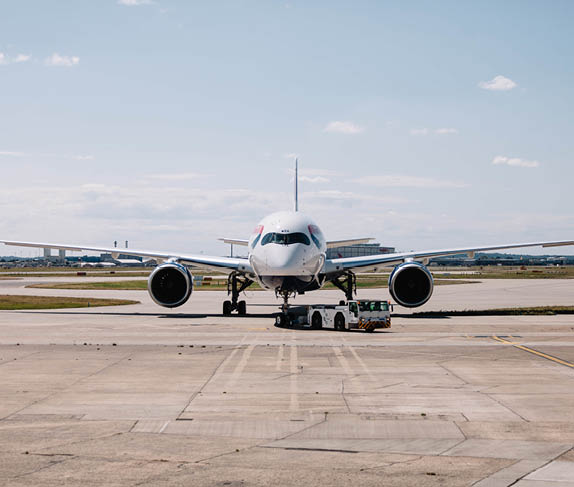Significant progress by governments at the 40th assembly of the International Civil Aviation Organisation (ICAO) has been hailed by The International Air Transport Association (IATA).
With environment at the top of the agenda and after some robust discussions between states, there were two critical outcomes at the ICAO.
These were:
- The ICAO Council will report to the next assembly on options for the adoption of a long-term aspirational goal for reducing carbon emissions from international aviation.
- The Assembly passed a resolution that reaffirmed and strengthened its support for the successful implementation of the Carbon Offsetting and Reduction Scheme for International Aviation (CORSIA)—the world’s first global carbon offsetting scheme.
A decade ago, the aviation industry agreed a long-term goal to cut aviation emissions to half the levels of 2005 by 2050 and is working on a pathway to achieve that goal.
This Assembly marks the first time that ICAO member states have agreed to consider a long-term goal for governments to reduce aviation emissions—a move that is strongly welcomed by airlines.
Alexandre de Juniac, IATA’s Director General and CEO, commented: “Sustainability is critical to earning aviation’s license to grow and spread its many economic and social benefits.
"Decarbonising the sector is a major challenge. Our focus is on cutting emissions to half 2005 levels by 2050 and we are making consistent progress.
"Flying today is 17.3% more fuel-efficient than a decade ago. From 2020—with the help of CORSIA—the sector’s growth will be carbon neutral. The strong support of governments for developing a UN-backed long-term goal for reducing emissions would support us in those efforts and take us to the next step.
"National policy measures aligned to a global long-term emissions reduction goal will enable the industry to work even more effectively on crucial opportunities like commercialising sustainable aviation fuels and more efficient air traffic management."
Meanwhile, the enhanced and strong support for CORSIA will shore-up the important step of capping aviation’s emissions from 2020. CORSIA will offset growth of international flight emissions from 2021, generating some $40 billion of aviation-funded climate finance by 2035.

